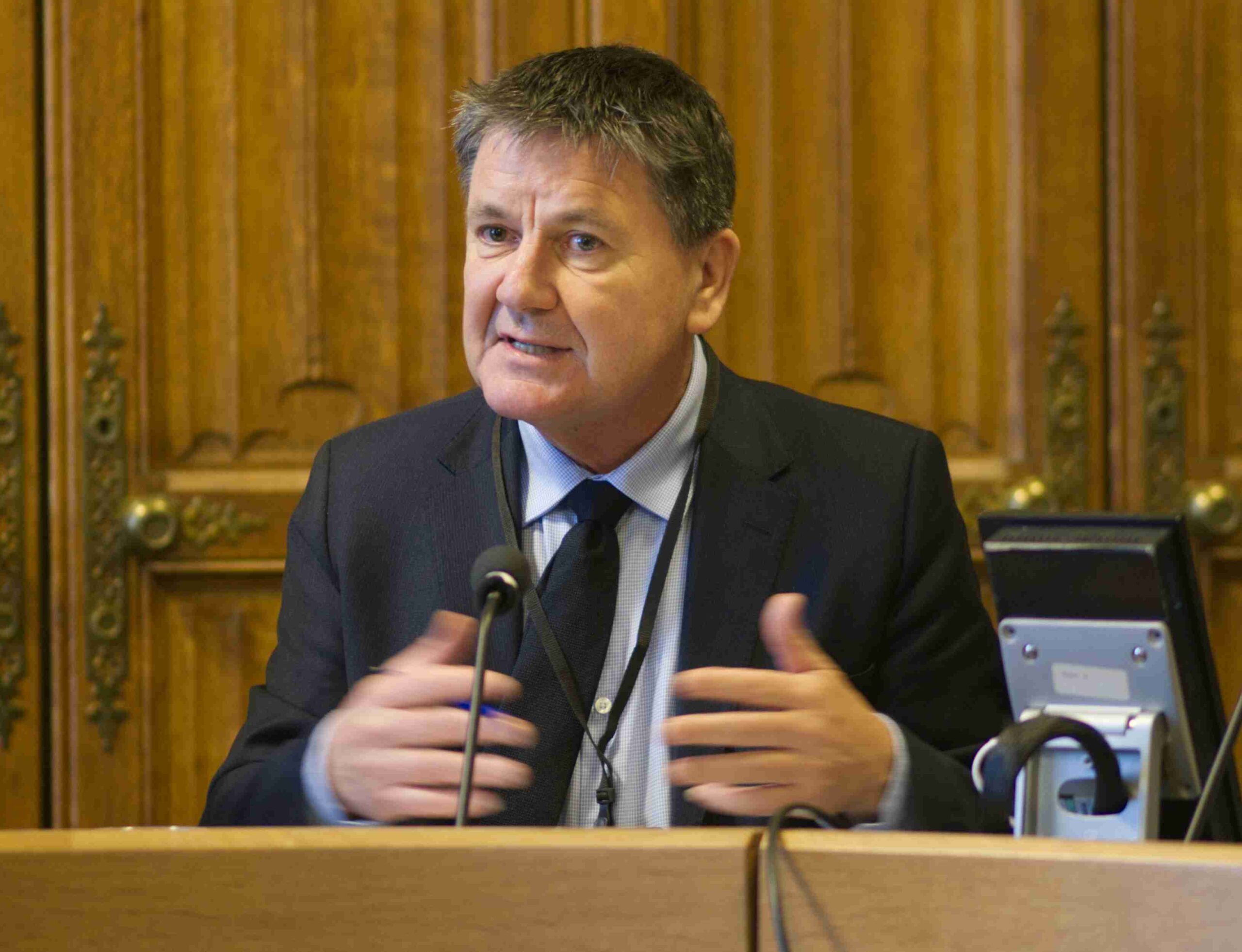Info Tsar promises journalists’ fast track

It is reassuring to witness John Edwards and Maurice Frankel share a platform and nod over shared understandings. Edwards is the recently-installed Information Commissioner, responsible, among other things, for regulating provisions of the Freedom of Information Act (2000). Frankel has been the director of the Campaign for Freedom of Information since 1987 – and is a peerless champion of his cause.
Edwards is at this meeting, organised by The Guardian and Open Democracy, to reassure journalists. He plans to prioritise their FOI cases, thereby making journalists’ lives easier. He hopes this will be a step towards clearing the ICO’s case backlog.
Until 2021 Edwards was Information Commissioner in his native New Zealand. He paints himself as a crusader for transparency. “Freedom of information is a vital element of a representative democracy”, he tells the meeting.

The organisation of which he has taken charge, however, is groaning under the weight of cases. An appeal over a refused information request that arrives at the ICO in January, won’t even be assigned a case officer until September, he explains.
“I know that information delayed is information denied”, he says. “That is why I have asked staff to look creatively at ways to deliver results at the retail end”.
His detailed proposals are set out in a consultation that is open until 20 December (it’s a short document, most of the proposals occupy a single page). Ostensibly it suggests, among other things, that information complaints from journalists be prioritised. The more egalitarian among us might wince at the prospect of special privileges. But from the perspective of getting important information into the public domain, a VIP lane for journalists cases should be welcomed.
The potential issue with all of this was illustrated by a question put to Edwards by Henry Dyer, of The Guardian, however. Dyer said that his experience of Whitehall was that departments made plans to sidestep freedom of information requirements from the very top, and with systematic thoroughness. Entire policy making and implementation processes are designed to keep information out of the public domain, he said.
No one on the platform contradicted this suggestion, and it provides an important lens through which to view Edwards’ proposals. If policy makers will use any ruse to refuse information requests, then how might these new regulations be put to use?
Could the question of ‘what is a journalist’ be deployed, for example. Is a journalist necessarily an employee of a major news platform? Or the holder of a UKPCA card? Or a regular blogger? Any of these would throw up concerning anomalies ripe for exploitation.
The ICO promises that it will respond more quickly to issues that are ‘of high public interest’, but it is easy to see how this is a value judgement about which universal agreement is unlikely. Edwards is persuasive that he is personally committed to transparency. In my other ear, however, I can hear Sir Humphrey constructing an elegant case for the policy currently before his minister being dispatched to the silo marked ‘of negligible public interest’.

Freedom of Information has had a profound effect on journalism since its introduction in 2000. MPs expenses, the current scandal around PPE fast tracks, British forces torturing Germans after the second world war, all have their roots in FOI requests. Thousands of less celebrated stories are no less important.
My suggestion is that every journalist with FOI experience looks up the consultation document and tests it to destruction against their own experience. Every potential issue raised will either help the ICO improve the proposals or reveal its feet of clay. The NUJ will, of course, be responding collectively.
No less important are the thoughts of Frankel on the broader scene. “For years after the FOI Act became law, the Campaign paid little attention to what was happening in Parliament”, he told the meeting. Its task was to oversee the implementation of the legislation, he suggested.
Not so today. “The Social Housing Regulation Bill proposes leaving information requests to the Housing Ombudsman, who knows nothing about adjudicating such matters. The Advanced Research and Information Bill proposes excluding huge areas of public information from FOI. There is a fresh battle almost weekly”.
Another speaker, Labour’s Fleur Anderson MP, the Shadow Paymaster General, had systematic ideas about the approach that a Starmer government would take towards FOI. It would be wonderful if she is right that a new government will mean a complete change of culture in Whitehall.
Experience, however, tells us that the eternal vigilance of campaigners like Frankel, and the NUJ, has been consistent. Politicians, on the other hand, however well intentioned, are subject to complex pressures. A shift of course as they move from opposition to government is hardly novel.
Perhaps, as Frankel comes within a year of his 40th anniversary at the Campaign for Freedom of Information, however, it is time for individual journalists to shoulder some of the burden of defending FOI? Responding to this consultation would be a good first step.